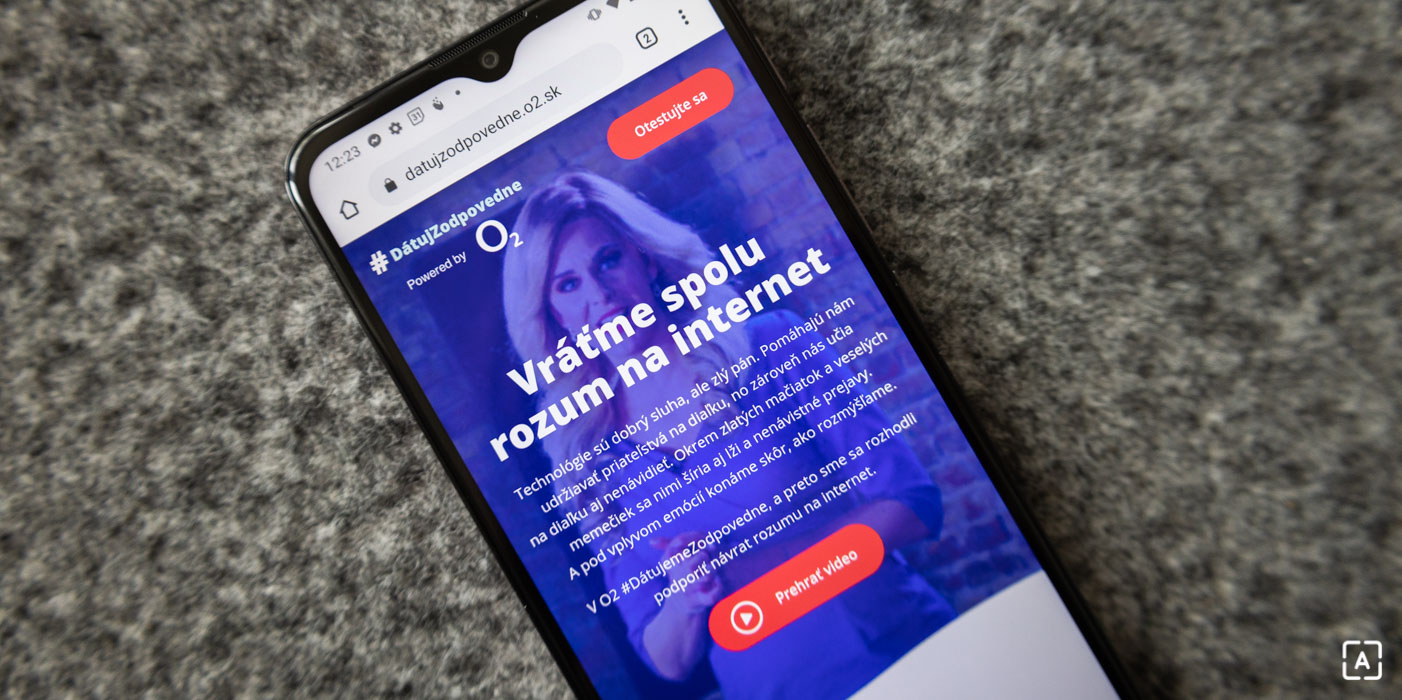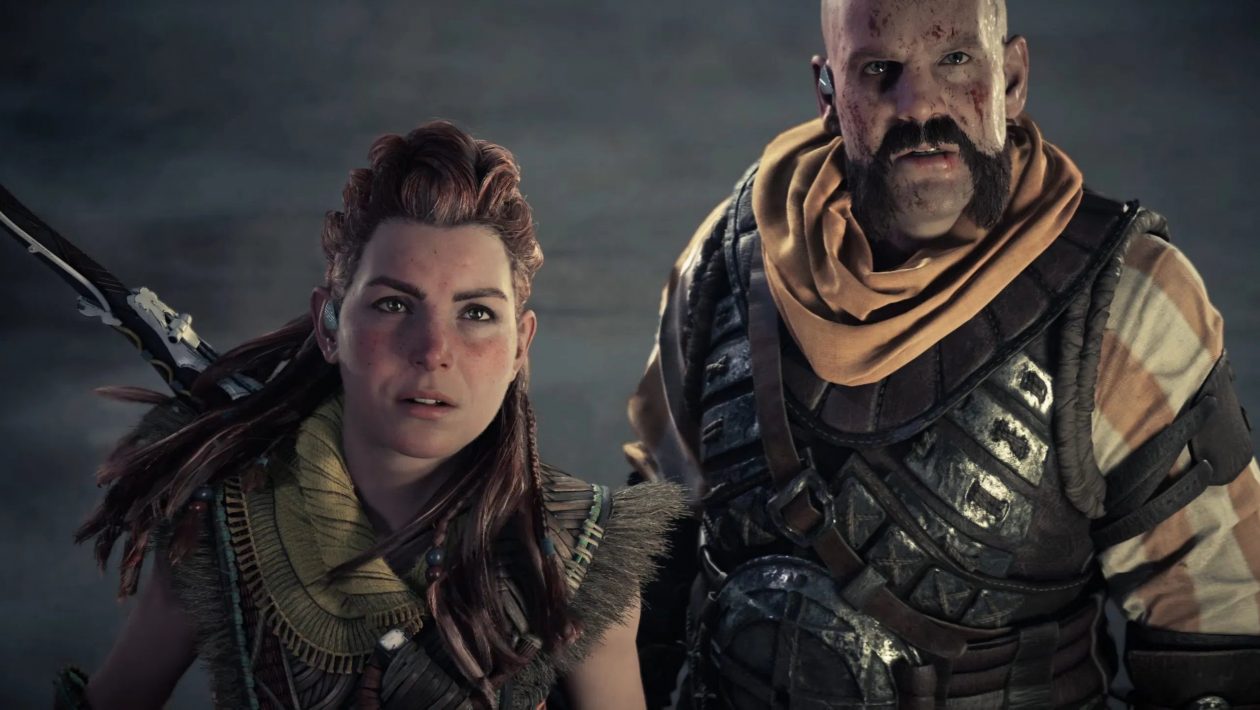O2 is fighting misinformation on the Internet. These projects will be supported
At the end of May, the Slovak mobile operator O2 launched a new initiative Let’s Bring Reason Together to the Internet, through which it wants to fight misinformation in the online space. The project also came to attention thanks to the so-called “deepfake” video with Zlatica Puškárová, which effectively pointed out the whole issue of misinformation.
In support of the initiative, a grant call from the O2 Fair Foundation was announced, the aim of which was to find and support projects combating the spread of misinformation on the Internet, as well as projects supporting the cultivation of information space, publishing verified information, critical thinking and media literacy.
Support for 12 diverse projects
The Fere Foundation’s grant call involved about a hundred projects, from which the Fé Foundation’s Board of Trustees selected a wide variety of projects aimed at creating various video manuals, podcasts, e-learning courses, as well as applications and digital tools to detect misinformation on the Internet.
“As a technology company, we are sensitive to the need to combat misinformation on the Internet. Technology can be a good servant, but a bad master, and it is up to us how we treat them. I am glad that we addressed this burning situation in the campaign this spring under the headline Share with Reason and we can continue with the support of 12 great projects aimed at bringing positive change, cultivating the information space and encouraging critical thinking. ”
Igor Tóth, Director of O2 Slovakia and Chairman of the Board of the O2 Fair Foundation
Projects supported by the grant “Let’s make common sense together on the Internet”
There are several interesting things in the list of supported projects that you may have already come into contact with. This is, for example, the Demagog.sk project, which is actively involved in verifying the statements of Slovak politicians, or the Konspiratori.sk website, which monitors websites with controversial content. In addition, there are many more projects that deserve due attention.
| Supported grant projects “Let’s make common sense together on the Internet” | |
| Institute for a Well-Managed Society (Demagog.sk 2.0: new challenges for factchecking) | Technical and methodological “upgrade” of Demagog.sk, which will enable systematic verification of claims of politicians on social networks |
| Association of Friends of the Diary N (Internet Threats – Educational Handbook for Schools) | Educational Handbook N Magazine Internet Threats distributed to schools and systematically used in the teaching process |
| Konšpirátori.sk (Detailed profiles of disinformation websites) | Elaboration of opinions on individual websites on the konspiratori.sk list, which justify their presence on this list |
| KInIT (Tool for cooperative annotation of misinformation on) | Annotation tool on the principles of crowdsourcing and wisdom of the crowd, with which users can collaborate on the identification and analysis of misinformation in the information space of the Slovak website |
| Zmudri.sk (Critical thinking for teachers) | Video manual for teachers to teach critical thinking in teaching |
| Slovak Debate Association (Towards critical thinking through competition) | Educational module on media literacy for teachers and the Olympics of critical thinking for their students |
| Slovak Institute for Security Policy (Think twice, share once) | Podcasts focused on disinformation and hoaxes |
| Trnava Association of the Hearing Impaired (Valuable Information for the Deaf on the Internet) | Videos for the deaf in Slovak sign language that warn this vulnerable group of the threat of misinformation |
| Milan Šimečka Foundation (How to learn about the Holocaust today? (E-learning course)) | Educational seminars for teachers that explain how to work with the Holocaust and implement critical thinking in it |
| Constantine the Philosopher University in Nitra (Podcasts of students of the Department of Journalism, Faculty of Arts, Charles University) | Practical seminars in the form of creating podcasts focused on misinformation and hoaxes for journalism students, future journalists |
| JA Slovakia (Critical thinking – how to learn it) | Addition of educational content to courses for pupils and teachers with chapters containing information on critical thinking and verification of facts |
| Let him (Rozumne.online) | A mobile application that will protect users from disinformation on Facebook and inform them how much they are exposed to disinformation, which has the potential to arouse their interest in the topic and support their critical thinking. |



